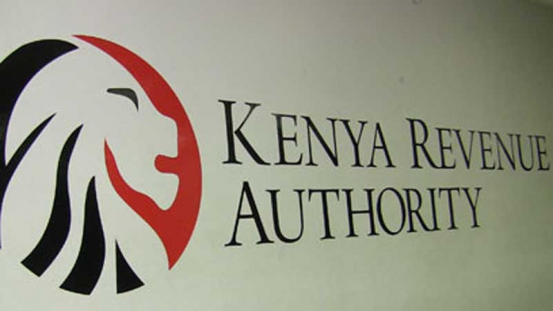×
The Standard e-Paper
Fearless, Trusted News

Kenya Revenue Authority (KRA) expects total tax collection to increase by 17.7 per cent in the current financial year, helped by growing excise duty.
This year, excise tax is expected to register the highest growth of 27.8 per cent, attributed to introduction of electronic stamps. This is expected to subsequently increase total ordinary revenue to Sh1.2 trillion.